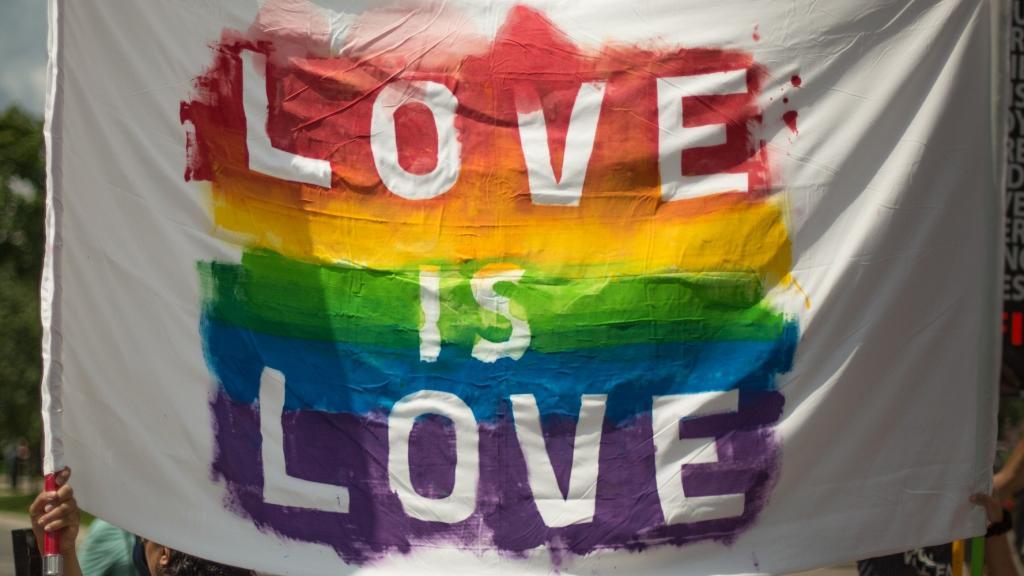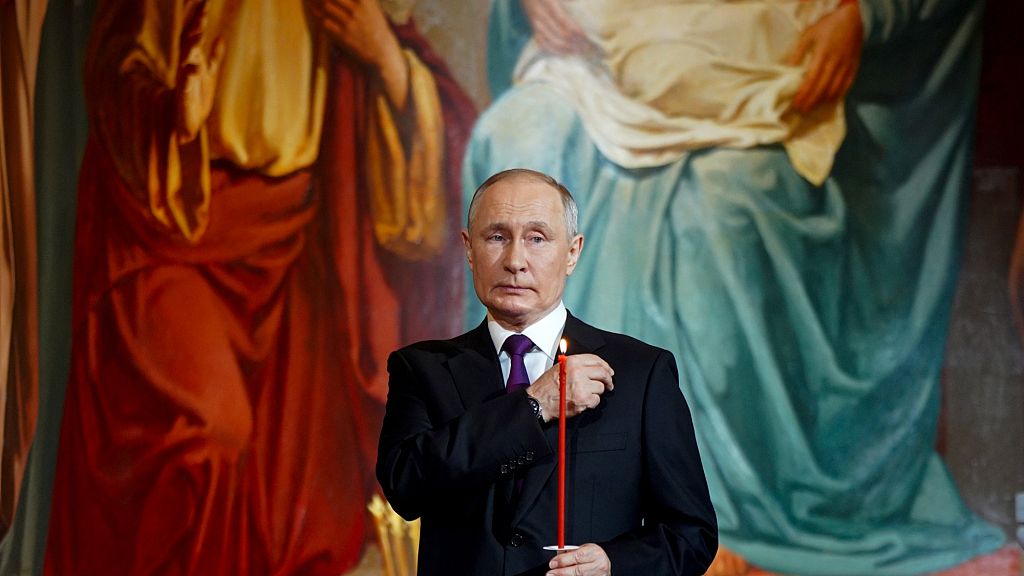Источник: estonianworld.com | Фото взято из оригинала статьи или из открытых источников
09.10.19 | 878


According to a public opinion survey, over half of Estonian people still find homosexuality unacceptable; however, for the first time, more people support same-sex civil partnership than are against it.
A public opinion survey about the attitudes of the Estonian population towards the LGBT topics, conducted by Turu-uuringute AS and commissioned by the Estonian Human Rights Centre, shows that the attitudes have improved slightly in recent years. However, at 52%, the number of Estonian residents who consider homosexuality to be acceptable has remained the same, compared with 2017.
More people than ever support the same-sex partnership act
The good news is that more than ever, respondents in the survey agree that gays and lesbians should be protected against discrimination in the workplace, education and access to goods and services. The number of people in favour of the Registered Partnership Act – the law granting same-sex couples rights and responsibilities similar to a marriage between a heterosexual couple – has also risen, up to 49% among respondents, ten per cent more than those against it.
“For the first time, the opponents of the Registered Partnership Act are in a clear minority. It is predictable: the same has happened in other countries when it has been understood that the legal regulation of same-sex partnership does not lead to unexpected negative consequences,” Kari Käsper, the director of the Estonian Human Rights Centre, said in a statement.
Flag at a pride parade. The image is illustrative (Pexels).
Homosexuality more acceptable among women, youngsters and educated people
Homosexuality is considered acceptable by just 41% of the population aged 14 and over, 16% consider it totally acceptable. “Compared with previous studies, the attitude towards homosexuality as a whole has not changed very much, but there is an increase in a number of people who consider it to be completely acceptable (+2-7%) and decrease in the share of those who consider it totally unacceptable (-4-6%),” the Human Rights Centre said in its blog.
Homosexuality is more acceptable than average among women, 20-29-year-olds, people with higher education, higher social status and higher income, as well as residents of Tallinn and South Estonia; however, it is more unacceptable than the average among men, people over 60, non-Estonian, residents of Ida-Virumaa (a county bordering Russia in eastern Estonia – editor) and smaller urban areas. While 59% of Estonians agree with the registration of same-sex partnership, only 26% of Russian speakers agree.
According to the Organisation for Economic Co-operation and Development, Estonia is the third most homophobic country in the organisation after Turkey and Latvia.The survey shows that contact with homosexual people has increased: 3% of respondents have family members that belong to the LGBT community, 14% of respondents have friends from the LGBT community and 16% have former or current colleagues that belong to the LGBT community. Positive attitudes about homosexuality are generated through traditional media (50%) and friends, acquaintances, relatives (45%), followed by the internet (39%) and personal contact at work or school (31%).
Legal limbo
On 9 October 2014, Estonia became the first formerly Soviet-occupied country to pass a gender-neutral civil partnership act (the Registered Partnership Act), when 40 Estonian parliament members against 38 voted to give same-sex couples the same rights as opposite-sex couples. However, the parliament didn’t pass the implementing acts – and due to change in the government, these have not been passed as of October 2019, leaving many same-sex couples in a legal limbo and causing several ongoing court cases.
Дефицит внешней торговли Эстонии в мае вырос до 281 млн евро. Импорт растет быстрее экспорта
10.07.25 14

Министр культуры: госфинансирование в следующем году урежут только Театру Сюдалинна (бывшему ГРДТ)
10.07.25 17
/nginx/o/2024/10/18/16426327t1h3067.jpg)
BBC Российские удары по ТЦК в Харькове и Запорожье Укпаина расценивает как попытку сорвать мобилизацию
08.07.25 33











